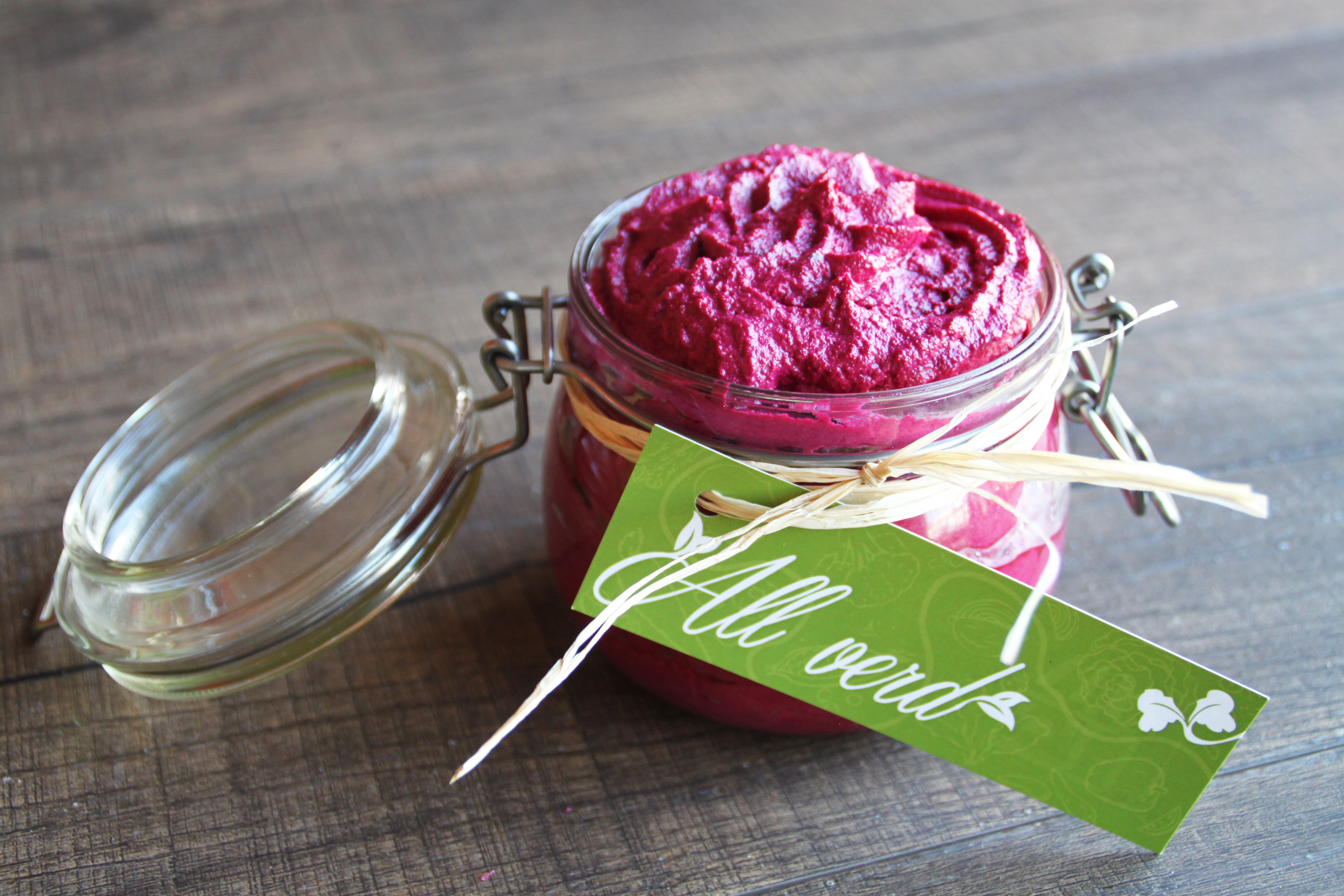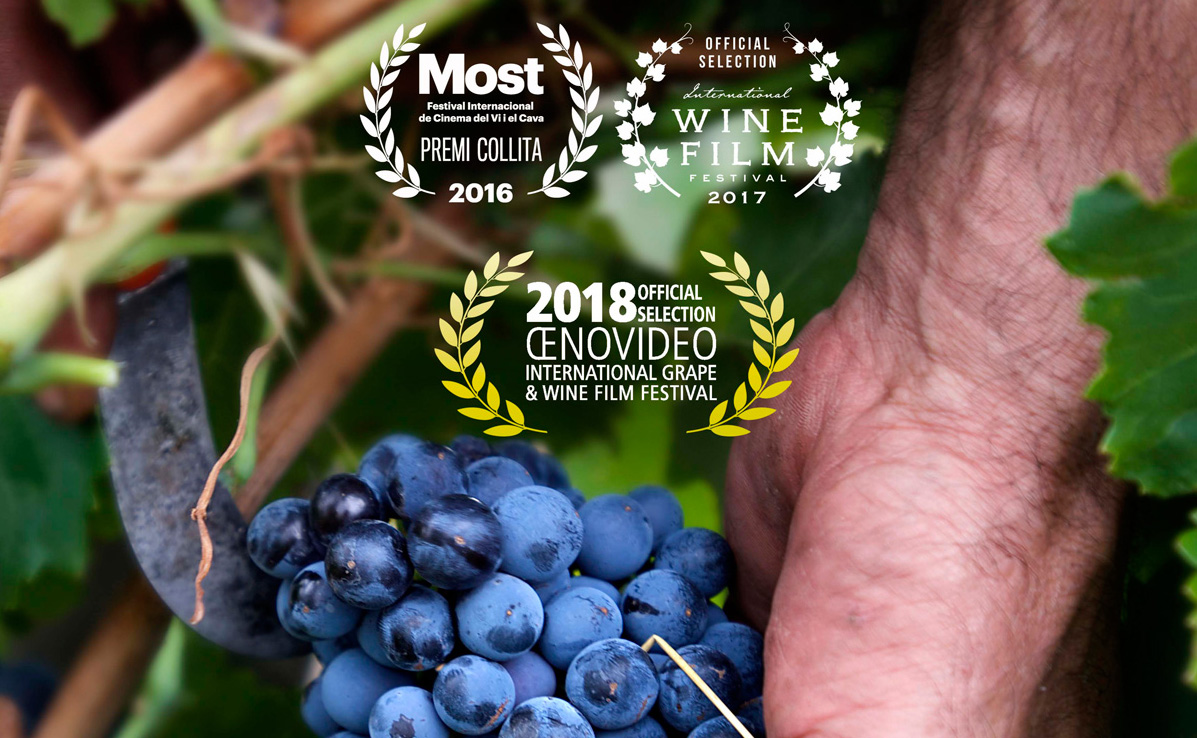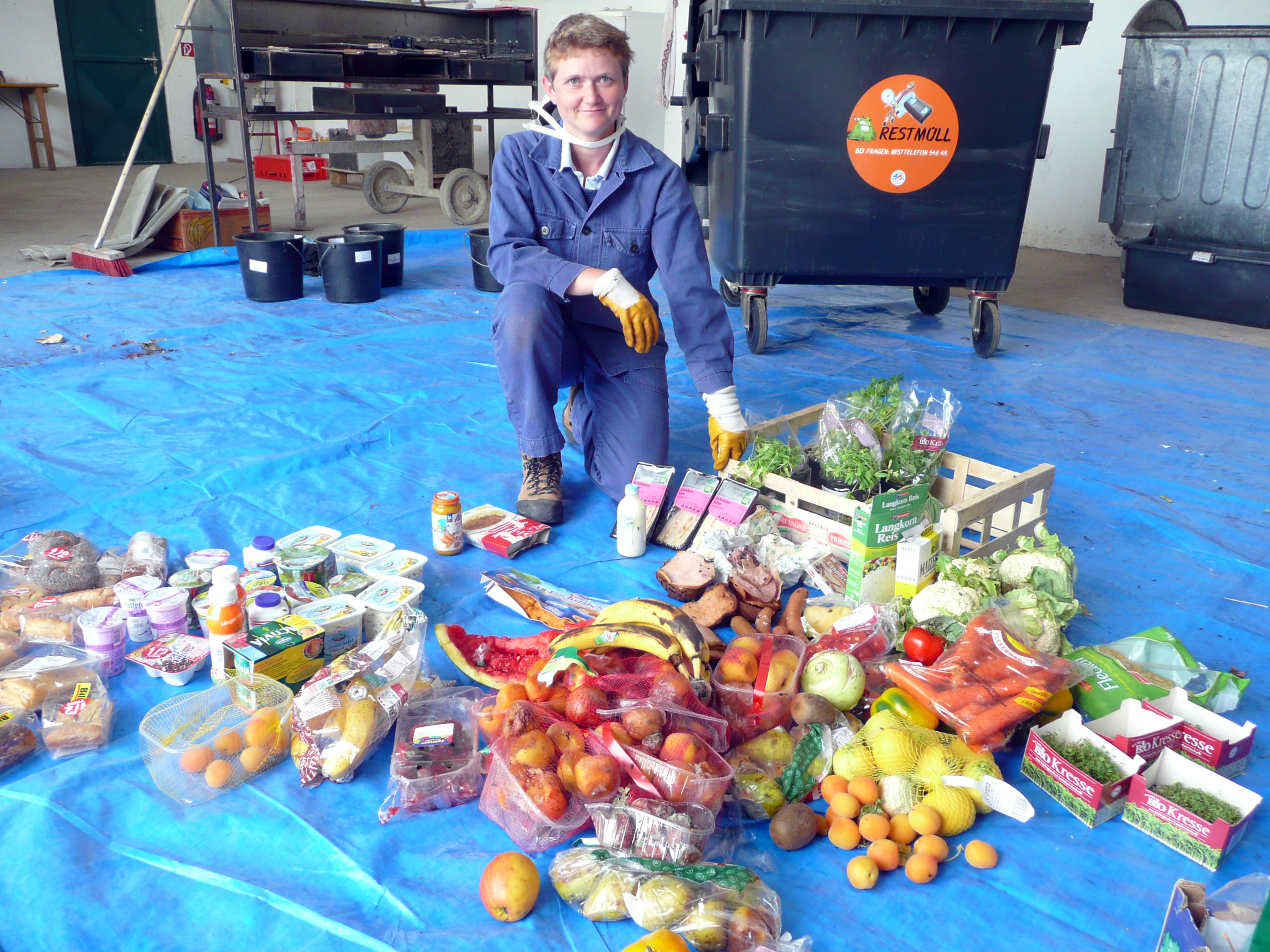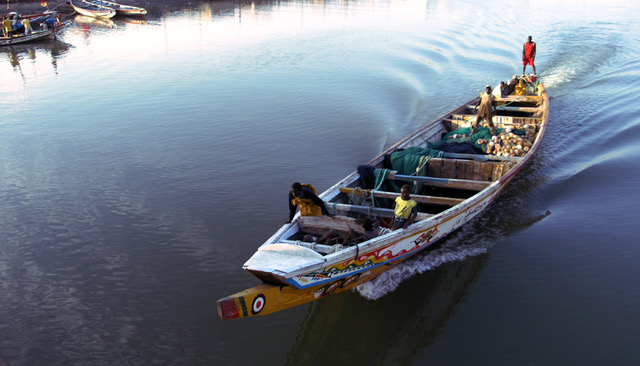Doing it for the pleasure of caring for ourselves and finding a balance, without restrictions or feelings of guilt.
A healthy relationship with food, making the most of seasonal produce and letting creativity into our kitchen, even if it's only for the lunch box we take to work.
We’ll try, using uncomplicated recipes, tastes, aromas and colours. We'll emphasise the importance of colour in our dishes.
Emotions and healthy eating go hand in hand.
Sustainable Food Citizen Week
Video resum de la Setmana Ciutadana de l'Alimentació Sostenible 2021
The activities of the Sustainable Food Citizen Week
Sustainable Food Citizen Week provides an opportunity to understand the relationship between food habits and cross-cutting aspects such as the climate emergency, local economic development, culture, politics, social rights and health. A week dedicated to citizens, in which you will achieve knowledge, reflection and debate about the main issues of the following activities.
Gastronomic heritage
- October 21st - 18.00 HBetevé broadcastingTelevised cooking workshop
- October 22nd - 22.00 H (variable according to betevé programming)Betevé broadcastingDocumentary film season
Documentary on natural wine in Spain. A trip from the north to the south of the country, with the vineyard and wine as the background.
A reflection on natural wine from its producers and opinions from renowned sommeliers.
This activity is part of Betevé's documentary film season, including the films Fermentación espontánea, Taste the waste, Food for change and Il mare piange.So you can combine the documentary with a wine tasting at home, we provide you with a list of wines by order (and time) of appearance.
Minute 01 – Sparkling wine from an ancestral method made in the Alt Empordà. Sparkling wine with unique fermentation.
Minute 05- Red wine from the mountains, made on the north side of the Alpujarra in Granada.
Minute 10 – Mineral and fresh wines made in the Sierra de Gredos (Avila), mainly with Garnacha, also with local white varieties such as Chelva, Albilla Real and Malvar.
Minute 13 – Red wine from the Sierra de l’Albera, in the Alt Empordà, made with Garnacha and Carignan (Lledoner and Samsó).
Minute 16 – White wine with maceration of the skins (orange wine) from Penedès made with Xarello from old vines worked within biodynamic parameters.
Minute 19 – Light red wine made with Sumoll, a native grape of the Penedès. From vineyards surrounded by forests of the Alt Penedès.
Minute 23 - Red wine from Galicia from a heroic viticulture of micro-plots in the Ribera Sacra area.
Minute 27 - White wine from the La Mancha variety and the most planted in the peninsula: Airén, in this case, comes from very old, free standing vineyards.
Minute 31 - Terra Alta red wine, inland Catalonia. From a dry and warm area, with powerful aroma and flavour.
Minute 36 - Wine with Mediterranean expression, made in clay vats in the region of Murcia, from the Tintorera Garnacha grape variety.
Minute 38 - White wine from Montepila grapes from vineyards surrounded by olive trees in Cordoba. - October 29 and 30 from 12.00 to 23.30 H, and October 31 from 12.00 to 22.30 HLa Rambla de Barcelona (between Centre d'Art Santa Mònica and Colom)Market
“Terra i gust” is a gastronomic project that links restaurants with small producers, an initiative from Barcelona City Council and organized by Gastronomia de Proximitat and Slow Food Barcelona, with the support of the Association of Gastronomy and Tourism of Baix Llobregat and l’Hospitalet.
It will be a place for citizens to see the different stakeholders involved in the value chain of local products and sustainability, and to point out the importance of the small artisanal producer, of maintaining traditions and environmentally friendly techniques, highlighting the union with gastronomy.There will be various different spaces:
- Spaces for sustainable gastronomy
- Spaces for beverages, with the participation of the Barcelona Beer Festival, with a selection of craft beers. Natural wines, filtered water, and kombucha will also be served.
- Producers market with seasonal and ecological products.
- There will also be an area for cooking shows, talks and games for kids-
Waste vs Good use
- October 16th - 20.00 HPlaça ReialTalk
Presentation of Repensa el que menges (Rethink What You Eat), a guide for the sustainability of formal and non-formal educational practices in the promotion of the right to food through the service learning methodology.
- October 16th - 20.00 HTeatre del CCCB, Jardí dels Tarongers, Plaça del Rei, Parc de la BarcelonetaShow
A unique musical group, the Vegetable Orchestra, plays instruments made from fresh vegetables. The use of various vegetable instruments makes for a unique musical and aesthetic universe. The Vegetable Orchestra covers the most diverse musical styles, combining genres from electronic music to jazz. The newly created instruments determine the resulting sound. A Vegetable Orchestra concert appeals to all five senses.
- October 20th - 22.00 H (variable according to betevé programming)Betevé broadcastingDocumentary film season
Amazing, but true: from the farm to the dining table, more than half of the food is thrown away and much of that food never reaches consumers. Why are these increasingly large amounts of food being destroyed? In this documentary we will look for explanations for this waste.
This activity is part of the Betevé documentary film series that includes the films Fermentación espontánea, Taste the waste, Food for change and Il mare piange.
Urban rurality and biodiversity
- October 16 at 13:40 hJardí dels TarongersTalk
Bees are one of the most important, and unknown, groups of pollinators. The aim of this talk is to showcase the life of bees, and also serve as an opportunity to understand the role that these insects play, together with the hosts, the plants, in the ecological balance of the planet. The reality is that humanity is facing a disturbing problem: the decline of bees. It is a subject that is being talked about more and more, and that we cannot overlook, as the Museum of Natural Sciences. The causes are numerous, and closely linked to the long litany of changes to the environment prompted by human activity. Now is the time for us to understand what we have done wrong and prepare a guide of best practices that can be used to recover the biodiversity that has been lost.
- October 16th - 16.30 HPlaça ReialTalk
The dynamics of this activity involve a mandala. We draw conclusions on how urban agriculture has fared this year, where we have made progress and where not, where we are headed and the importance of agriculture within the city, with the participation of various people connected to urban agriculture and others who will help us to connect with our bodies.
This is an open, participative activity where the audience can contribute their wishes and materials to the mandala. Ritual for closing and opening the year, as it has been a busy one in urban agriculture. - October 16th - 17.30 HJardí dels TarongersRound table
The Metropolitan agricultural belt is the on-site embodiment of the need (exacerbated by climate change and the biodiversity crisis) for healthy, wholesome and sustainable local supplies. It starts in the Metropolitan Area and includes the entire Metropolitan Region: it has a bottom-up structure, based on the view, already accepted by some city councils, that we need to preserve or create an agricultural belt around every municipality. We are therefore talking about a belt of belts.
To make this possible, the two main challenges we face are access to production resources and guaranteed fair prices. And in addition to this demand for “minimum prices for food and maximum prices for land”, there is the vital importance of adopting large-scale healthy, mitigating and regenerative agronomic practices. This means that financial aid for farmers has to involve cross compliance, but also has to be available to everyone, not just the big producers.
Ecological footprint
- October 16th - 18.00 HPlaça ReialTalk
Discussion on unsustainable fishing and its impact. What are the consequences of not fishing in our seas? We’ll be meeting up to discuss the impact that international fishing agreements are having and the advantages to local fishing. We will also find out how West Africa's coastal populations are facing over-exploitation of their maritime resources and what local-fish initiatives we have in Barcelona.
- October 17th - 11.00 H (Plaça del Rei) and October 23th - 10.00 H (Pl. de les Glòries Catalanes, next to the Disseny HUB BarcelonaPlaça del Rei, Plaça de les Glòries Catalanes, next to the Disseny HUB BarcelonaWorkshop
After receiving a brief introduction on climate change and its connection with our food system, everyone attending will be able to calculate the environmental footprint their food generates.
- October 17th - 12.00 HPlaça del ReiWorkshop
A workshop on low energy consumption cooking, to provide ideas and tips for cooking while using as little energy as possible. Tackling the problem in a practical way, we encourage reflection on better food-use cooking and healthy, sustainable food. The workshop aims to provide participants with viable tools for furthering their commitment to reducing the environmental impact of their food, opting for simple, but transformative, solutions. The workshop's objective, through various demonstrations as well as practical and theoretical advice, is to apply this in everyday life. It also fosters the culture of better food use and a complete, balanced diet. The workshop includes an explanation from an expert and the live preparation of various recipes.
Proximity
- October 17th - 11.30 HParc de la BarcelonetaTalk
Explanation of the Baix Llobregat Agricultural Park as a metropolitan agricultural area that produces food locally for the Barcelona Metropolitan Area. A public-private entity that aims to preserve the farmland and encourage the development of a professional agriculture that ensures the supply of fruits and vegetables to local markets and the viability of farms. During the talk we will discuss projects like the Parc Agrari farmers markets, the Producte Fresc del Parc Agrari brand, and the creation of a “test” area to encourage young people to get involved in farming.
- October 17th - 12.00 HParc de la BarcelonetaTalk
Ramats de Foc is a prescribed-silvopasture project aimed at boosting the contribution of livestock in fire-risk management through pasture in strategic forest areas.
Prescribed silvopasture is the practice of extensive livestock feeding following established a priori guidelines and goals to achieve a type of fire-resistant forest mass and Ramats de Foc is an initiative to promote this work, and help to extend it through our forests and bring it added value.
The project also aims to promote continuity of livestock activity in the region, through its twofold food and landscaping work, and to strengthen the ties between shepherds and local butchers.
By promoting the consumption of livestock animals that manage our forests, the aim is to encourage a change of perception in society so people understand how a certain kind of regional management will enable protection against the big fires that cause the most damage and that initiatives as simple as consuming local livestock are already helping to maintain fire-adapted landscapes.
- October 17th - 12.30 HParc de la BarcelonetaTalk
Alternatives from the global south to the impact of our unsustainable food system: the case of the Mercado Central del AMBA (Buenos Aires metropolitan area).
The activity, which is aimed at all members of the public, is part of the agreement for implementing the “Barcelona menja bé i just” project.
More week
- October 14th from 15.00 to 20.10 HUniversity of Barcelona, historic building, Aula Magna, first floorTalk
As part of the goals of the Barcelona 2021 World Capital of Sustainable Food, and to help promote a transition towards food sustainability, combining people's health with the planet's health, the conference aims to raise awareness about the need for this transition, as well as discussing scientific data and the projects that are being carried out in this field.
The conference is on the future of food: how to combine health and sustainability. It aims to combine experience with academic knowledge, civil society and public institutions, in a reflective debate on the challenges facing us in our move towards 5S food (Salubrious, Sustainable, Safe, Social and Satisfactory), with speeches, roundtables and debates concerning diets and health, the impact of climate change on food systems, agroecology and ecological food, equity, biodiversity and food safety and their socio-economic impact. It will also discuss the subjects of food equity, the right to food and perspectives on food vulnerability, as well as the environmental impact of food and diets, food waste and the added value of local produce as being good for the planet and for strengthening local economies.
The conference will be taking place on 13 October, from 4 to 8 pm, and on 14 October, from 3 to 8:10 pm. - October 14th - 19.30 HPlaça de Sant JaumeShow
The start off the week will be a chorus, musical, and participative. Having their say will be the real heroes of sustainable food, those involved in the food cycle: the fishermen, drivers, chefs, farmers, ranchers, market vendors. The speech will be intertwined with the large mechanical orchestra of Cabo San Roque, distributed in the form of a sound mural in front of the City Hall, along with the active participation of the public, in a collective musical creation composed especially for the occasion. A show that highlights all the participants behind the food supply network and gives them a voice.
- Scenography and musical composition: Cabo San Roque
- Stage direction and coordination: Edi Pou
- Idea and concept: Virginia Angulo / Martín Garber
- October 15th from 10.00 to 12.00 HMercabarna - 5a planta, recepció centre directiuVisit / Tour
We offer you the chance to discover all the secrets of this market, located in a sustainable, energy-efficient building and exclusively dedicated to the sale of bio produce.
Mercabarna houses the first wholesale market for fresh ecological food in Spain, a firm commitment to furthering the commercialisation of this type of food and facilitating its distribution. The initiative is in response to one of the stated goals of the “Barcelona Eats Sustainably” strategy and the 2021 World Capital of Sustainable Food.
























